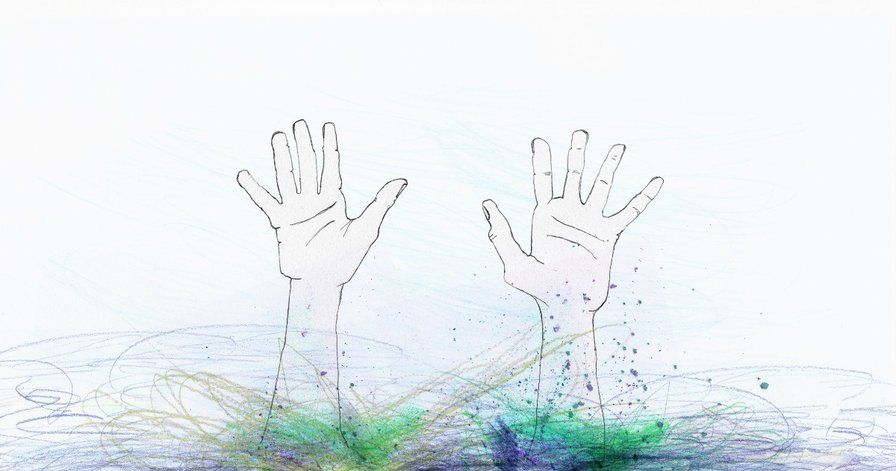How to Escape the Fear Virus in a Digital World

my notes ( ? )
Recency bias means we give more weight to stuff we’ve heard recently: The latest cholera outbreak feels typical, but we forget ... global deaths are on the decline. The availability heuristic ... more weight to things easier to imagine. After decades of priming by news broadcasts and Hollywood thrillers, it doesn’t take much effort to picture that lone gunman... “concept creep,” ... If we’re looking for danger and it then disappears, we seek out new, lesser forms of danger to replace it. ...
unexpected signs of danger ... switches on the learning part of our brain... Every time we catch the fear “virus,” it leaves us more susceptible to the next outbreak... Here’s the real problem: By almost any measure, the world is becoming a better place... We’ve never had it so good, and yet we’ve never been more scared...
there is something we can do: Don’t let the fear virus get you. When the stories reach you, don’t “cough” and pass them on.
Read the Full Post
The above notes were curated from the full post medium.com/s/story/the-fear-virus-9df462469293.Related reading
More Stuff I Like
More Stuff tagged social media , psychology , fear , cognitive
See also: Content Strategy , Social Media Strategy , Content Creation & Marketing , Psychology , Social Web